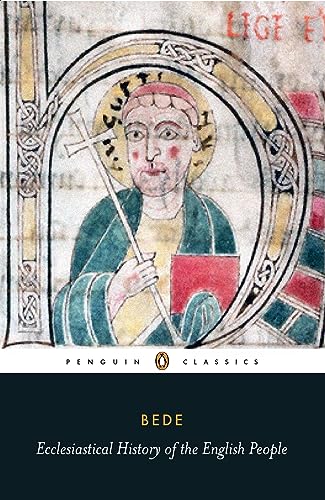
One of the more important dates Bede tried to compute was Easter, an effort that was mired in controversy. Another important area of study for Bede was the academic discipline of computus, otherwise known to his contemporaries as the science of calculating calendar dates. His ecumenical writings were extensive and included a number of Biblical commentaries and other theological works of exegetical erudition. While Bede spent most of his life in the monastery, he travelled to several abbeys and monasteries across the British Isles, even visiting the archbishop of York and King Ceolwulf of Northumbria. Both of them survived a plague that struck in 686 and killed a majority of the population there.

He is also known as Saint Bede, The Venerable Bede, and Bede the Venerable ( Latin: Beda Venerabilis other pronunciations: Old English: Bǣda, Bēda ).īorn on lands belonging to the twin monastery of Monkwearmouth–Jarrow in present-day Tyne and Wear, England, Bede was sent to Monkwearmouth at the age of seven and later joined Abbot Ceolfrith at Jarrow. He served at the monastery of St Peter and its companion monastery of St Paul in the Kingdom of Northumbria of the Angles. He was one of the greatest teachers and writers of the Early Middle Ages, and his most famous work, Ecclesiastical History of the English People, gained him the title "The Father of English History". Bede ( / b iː d/ BEED) 672/3 – 26 May 735) was an English monk and an author and scholar.


 0 kommentar(er)
0 kommentar(er)
